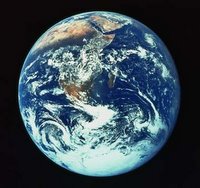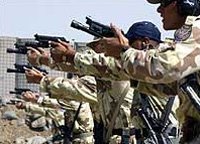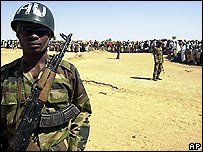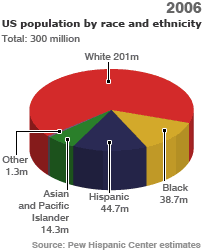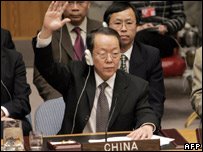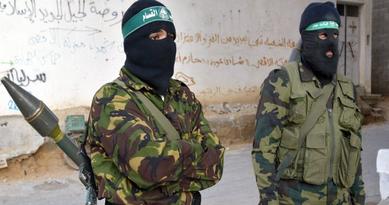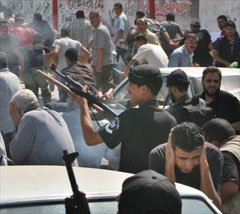 There have been attempts to curb environment degradation through international treaties like Kyoto treaty, which in most cases has failed to reach its expected targets.
There have been attempts to curb environment degradation through international treaties like Kyoto treaty, which in most cases has failed to reach its expected targets.Environmental degradation is now taking place in every part of the world because of rising level of industrialisation and urbanisation which in most cases remain unplanned to meet environmental demands.
As for governments – of poor and rich countries alike- they consider the economic cost or rather benefit from giving priority to the environment over economic needs. Poor governments are ready to destroy natural habitat for projects like dams or to facilitate investments from foreign companies without obliging them to respect the environment where they carry their activities. In many poor countries there aren’t strict measures about such things as traffic pollution or inadequate housing. But despite all this, the bulk of pollution comes from emerging industrialised countries like China and India whose concern is to lay solid economic infrastructure and to meet the current demands of their population, leaving the issue of the environment for another day.
The future of the planet is everybody's responsibility, rich and poor. The earth can sustain larger population if its resources are managed wisely. We can preserve the earth resources making them enough for current and future populations when we can live up to the fact that the earth has enough for everyone's need and not to everyone's greed. Moderation and sustainable growth for the basics and not for extravagance are the key for maintaining a healthy life on earth where the fight should be for mutual care and assistance and not a race for superiority even at the level of appearance and possessions just to make your neighbour envious. Even the current population can turn the earth into a waste land if there is no sustainable preservation at all levels.
The solutions remain with individuals of all sections of any society who should do their best to use their personal things with reasonable limits and to put pressure on their governments to adjust their economic and social needs to their environmental concerns.


 Successful presidential
Successful presidential 






